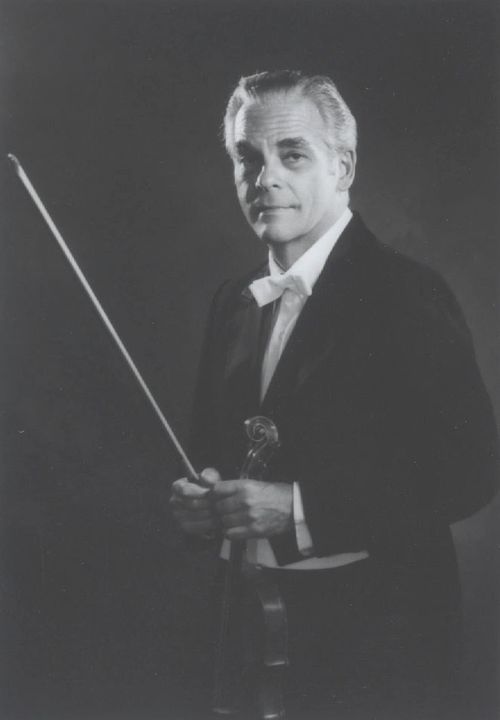blood on the tracks
mainI never thought I’d feel much regret when Alain Levy went through the window, but either I’ve seen too much blood on the record floor or else I’m going all gooey in my old age. Or maybe I just prefer to deal with the devil you know.
Levy was the man in the black suit and matching black shirt who, in the mid-90s, was responsible for sacking dozen of classical artists on the Universal labels, Decca, DG and Philips. Ousted in a boardroom ruck, he popped up at troubled EMI where, instead of reaching once more for the axe, he (privately) confessed past errors to trusted individuals and gave the classical label a limited license to expand under ex-Philips/Decca man Costa Pilavachi.
Only for the brute logic of the music biz to throw him out in January on the strength of a set of lousy results that was largely not of his making, leaving Alain with nothing more than a seven-digit payoff to cushion his terrible fall. Weep now, or forever hold your tears.
Levy was the kind of man who would give himself a birthday party and, the moment he was out of the room, all the guests would ask each other why they had been invited. He had few close friends and artists never knew what it was he got paid for.
He once wrote me a vituperative letter (copy to the Editor) demanding to know why I hated the music business so. I don’t, was my cc-ed reply. I love music – the rest follows from that.
He sent henchmen to lunch me, administering over Notting Hill restaurant tables dire warnings as to the damage I was causing. Moi? said I. You can’t blame pauvre petit moi for ruining the record biz when it’s M. Levy that’s making all the bad decisions.
And now he’s gone, forever it seems, I miss the sad suit. Nobody is ever going to rebuke me again for dissing the classical record biz, because there’s not much left to diss. Nobody is going to care what the media says about the classical side of things because the once-fat side has become a faint margin.
Levy came out of the Paris office of the old Columbia Records school that believed every major label needed a classical outlet, if only for sentimental resons. Now he’s gone, who’s left that cares?





Comments